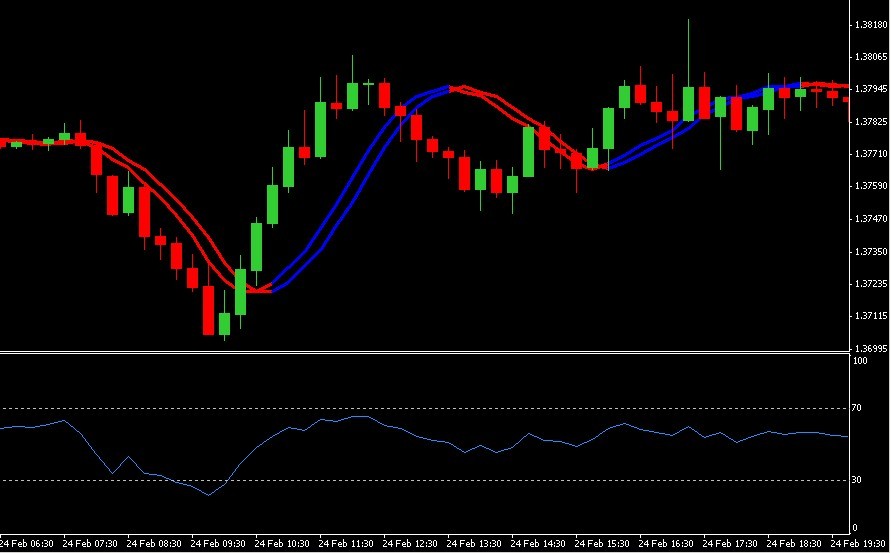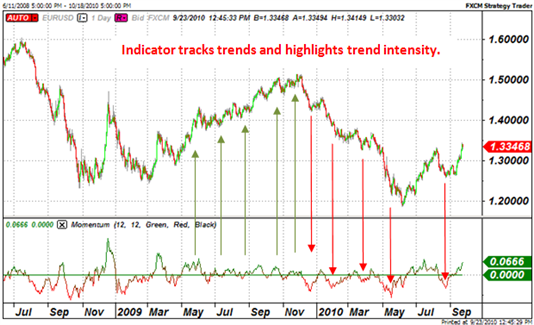Currency Trading Basics
Post on: 10 Май, 2015 No Comment

Other People Are Reading
The Currency Market
When you travel to another country you need to swap some dollars for the local money. That is what currency trading is on a much larger scale. Currencies always trade in pairs as traders buy one currency with another. With luck the exchange rate will move in the trader’s favor. She may then reverse the transaction, buying back the original currency at a profit. For example, if you buy euros with U.S. dollars when the exchange rate is EUR/USD = 1.2500 and the exchange rate goes to EUR/USD = 1.3000, you can use those euros to buy $1.30 for each $1.25 you spent to start with.
The Forex market is a decentralized network of financial institutions, dealers and traders who do practically all transactions via the Internet. Trading starts at 11 p.m. GMT each Sunday when markets in Australia open and continues 24 hours a day until 11 p.m. GMT Friday when Eastern U.S. markets close. Trading is routinely done using very low margins. You can usually buy a lot of $100,000 (U.S.) worth of currency by putting up $1,000 or less. Consequently, even tiny changes in the currency rate make the difference between a large profit and losing the money you put up on margin. For instance, a change of 1/100 cent in an exchange rate (this is the smallest possible change in a currency rate in U.S. dollars and is called a pip) is worth $10 for a standard lot of currency.
Pricing in currency trading works on a bid/ask system. The spread between a bid and asking price is 1 or 2 pips for large transactions. Retail brokers mark this up to as much as 20 pips and keep the difference as their fee (but don’t charge commissions).

Trading Forex
Getting started trading currency is very simple. Everything is online so you can open an account that way, using a service like PayPal to transfer funds. Good brokers supply trading platforms (software) if you don’t have your own along with real-time quotes and market data. Some caution is in order when choosing a broker because the Forex market is largely not regulated. The Securities and Exchange Commission recommends you pick a firm that is a member of the National Futures Association and meets their standards.
Good brokers and experienced currency traders suggest that a person take the time to study how Forex trading works and to open a virtual account to practice before you try trading with real money. Many brokers provide these demo accounts for free. You should learn how to interpret news developments like trade deficits, changes in inflation or interest rates and monetary policy that affect exchange rates. In addition you need to know how to read and use charts, technical analysis and strategies to limit and manage the risks of Forex trading.














